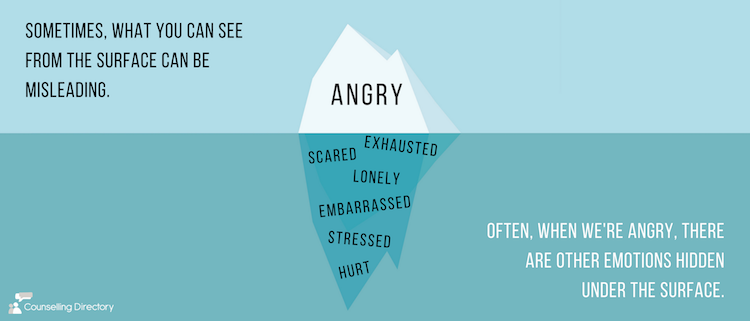A new not-for-profit initiative, Take:90, says it takes 90 seconds for feelings of anger and aggression to disappear
Launching on 21 August 2018, Take:90 aims to address verbal and physical violence by encouraging people in stressful situations to take 90 seconds before anger gets the better of them. Supported by public, private, and third sector parties including the Metropolitan Police, The Prince’s Trust, Calm, and Unilad, the Take:90 initiative aims to spread awareness of the time scientists have suggested it takes for anger to die down in our brains.
It only takes 90 seconds for anger to pass. #Take90. pic.twitter.com/uLYgslwY9p
— Take:90 (@Take90Seconds) August 21, 2018
Jill Bolte Taylor, a neuroanatomist backing Take:90 spoke to The Times:
“We experience anger when the ‘anger circuit’ in our brain is stimulated. Anger is just a group of cells in our brain that have been triggered and we have the power to choose to act out or not. It only takes 90 seconds for that circuit to settle down.”
You rarely have violence without anger. Anger is a universal human emotion. It takes just 90 seconds for anger neurotransmitters to leave the body, that's why we're launching #Take90 to help you move from 🤬 to 😌. pic.twitter.com/gzsyNsqezZ
— Take:90 (@Take90Seconds) August 19, 2018
Detective superintendent and co-founder of national charity Police Now, Tor Garnett, spoke to The Times about the impact aggression can have on our lives:
“We need to make sure that we are being resilient in our own environment and we’re able to resist the temptation to react in that 90 seconds. The larger proportion of aggression and violence is not a threat to lives but is a threat to wellbeing and happiness and that’s really important as well.
“Previously if someone sent you a letter you simply couldn’t get back in 90 seconds, but now it’s normal to reply to texts or emails within that window. Many people know to count to 10, but that doesn’t work and you still feel rage. This campaign is to update us all on the science: our brain is chemically hijacked and we need to wait to get back to our rational brain before reacting.”
The campaign will suggest further practical methods that can help people calm down, including meditation.
Feeling anger is a natural response to certain experiences. Occuring when we feel under attack, deceived, insulted or frustrated, it can help relieve built-up energy and tension. Expressing anger can be a healthy way of managing the emotion when expressed in the right way).
Anger becomes a problem if it starts negatively affecting you or those around you. Talking to a professional can help you learn to cope with your anger and rebuild damaged relationships.
Signs of an anger problem can include:
- Becoming involved in physical violence
- Experiencing explosive outbursts or breaking things
- Excessively arguing with those around you
- Being quick to lose your temper in certain situations or settings (eg, road rage)
- Feeling a constant desire to lash out verbally or physically
There are many methods to help manage your anger. Coping methods can include taking time to think, going for a walk, talking to a friend, or practising meditation.

For more information on anger and anger management, visit Take:90 or visit Counselling Directory to discover how a counsellor or therapist can help you learn to manage feelings of anger and aggression.


Comments